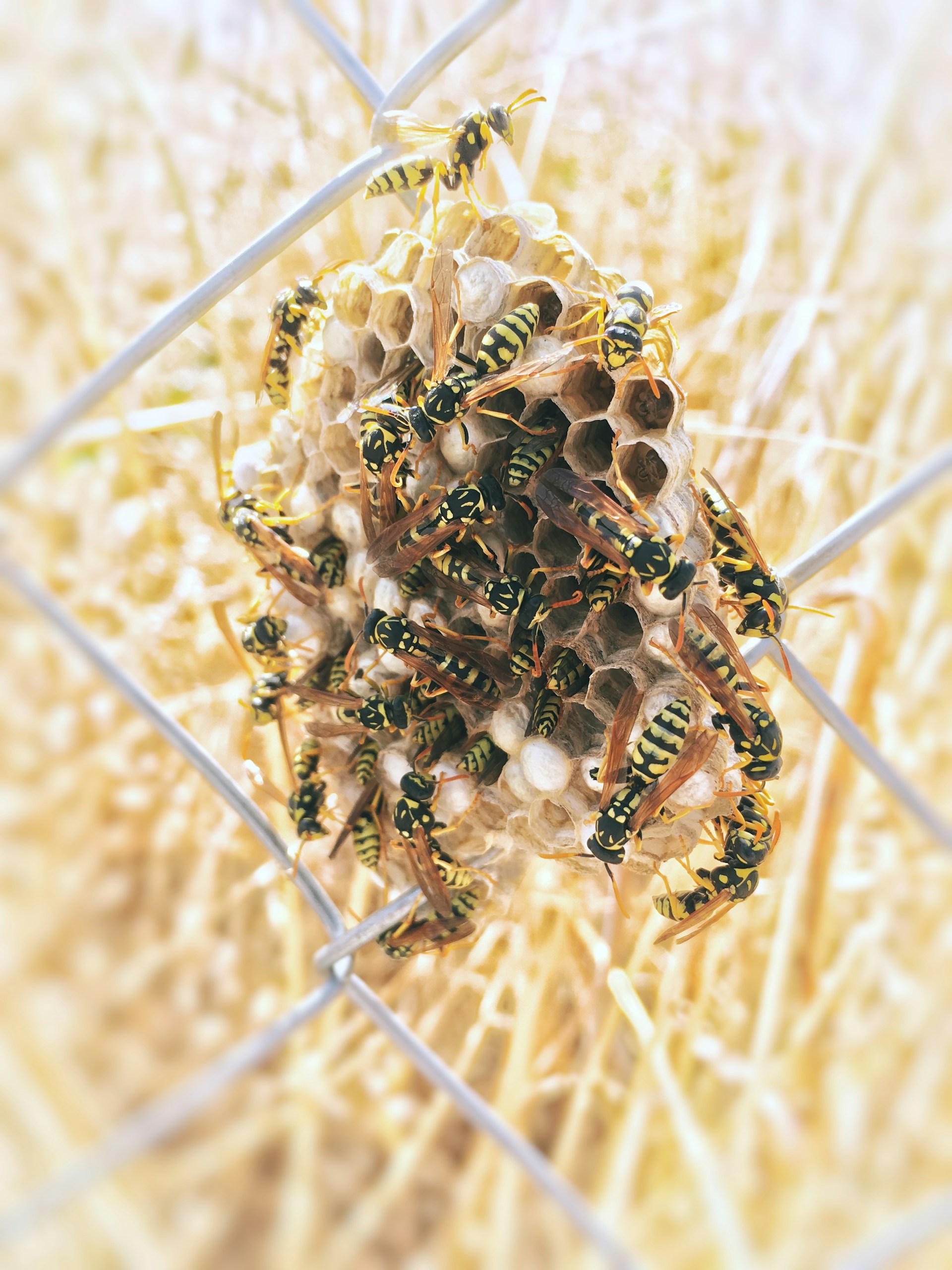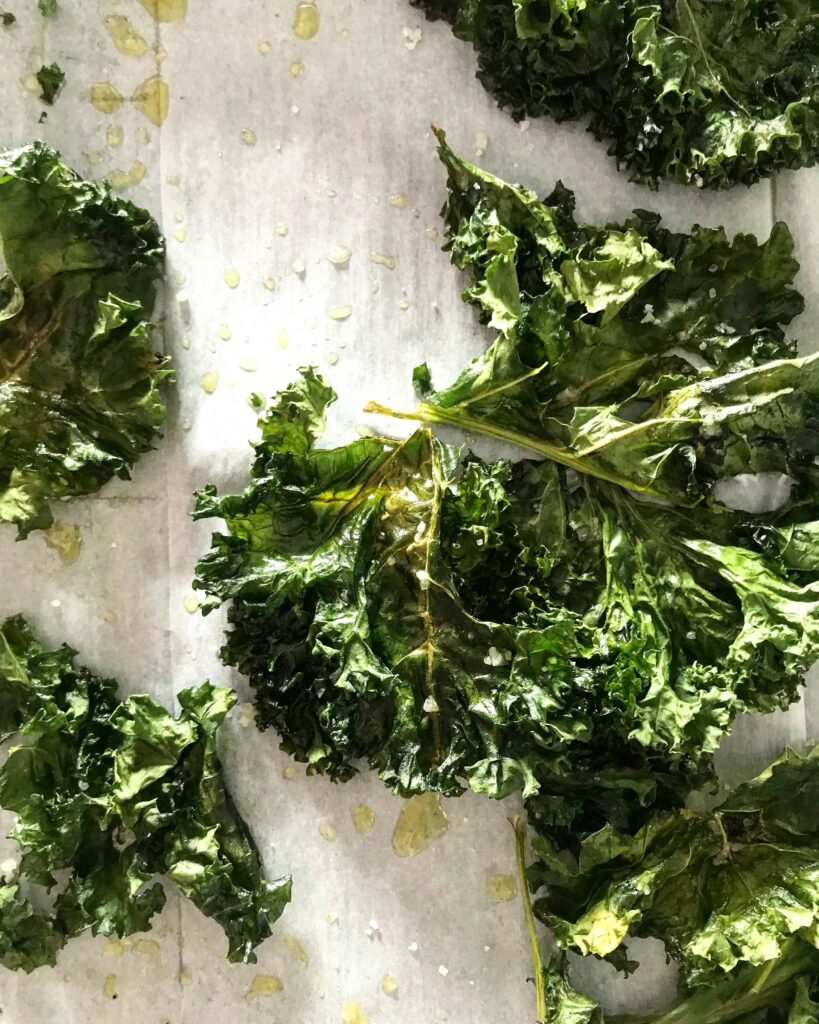
Dealing with wasp nests around your home can be a daunting task, especially if you’re looking for an effective and affordable solution. Many people have heard rumors that WD-40, the famous multi-purpose lubricant and degreaser, can kill wasps and destroy their nests. In this comprehensive blog post, we’ll explore the truth behind these claims and provide you with valuable insights to help you make an informed decision.
1. What is WD-40?
WD-40 is a versatile product that has become a household staple for many homeowners. Originally developed as a water displacement formula (hence the name WD-40), it has evolved into a multi-purpose lubricant and degreaser. With its unique blend of oils, solvents, and propellants, WD-40 has found applications in various areas, from loosening stuck parts to cleaning and protecting surfaces.
2. Can WD-40 Kill Wasps Effectively?
The claim that WD-40 can effectively kill wasps and destroy their nests has been circulating for quite some time. While some anecdotal reports suggest that it may have an impact on wasps, the effectiveness of WD-40 as a reliable wasp killer or nest destroyer remains debatable. Several factors, such as the concentration of the spray, the size of the nest, and the specific wasp species, can influence its efficacy.
3. How Does WD-40 Affect Wasps?
Wasps, like other insects, rely on a respiratory system that involves a series of external openings called spiracles, which act as muscular valves. When WD-40 comes into contact with a wasp, it can potentially clog these spiracles, disrupting the insect’s ability to breathe. However, the effectiveness of this method may vary, as wasps have evolved defense mechanisms to protect themselves from potential threats.
4. Using WD-40 on Wasp Nests: Pros and Cons
Pros:
- WD-40 is readily available and relatively inexpensive.
- It can potentially kill individual wasps and disrupt the nest.
- It may be a temporary solution for small nests or isolated wasp problems.
Cons:
- The effectiveness of WD-40 on larger or well-established nests is questionable.
- It may not eliminate the entire wasp colony, leading to a potential return of the problem.
- Improper use or overexposure to WD-40 can pose risks to humans, pets, and the environment.
5. Is It Safe to Use WD-40 for Wasp Control?
While WD-40 is generally considered a non-toxic product when used as intended, its use for wasp control may raise some safety concerns. Prolonged exposure to the aerosol or direct contact with the skin or eyes should be avoided. Additionally, spraying WD-40 near open flames or ignition sources is not recommended due to its flammable nature.
6. Alternative Methods for Wasp Nest Removal
If you’re not comfortable using WD-40 or prefer a more reliable solution, there are alternative methods for wasp nest removal. These include:
- Commercial insecticide sprays specifically designed for wasp control
- Powder or dust insecticides
- Hiring professional pest control services
- Trapping and relocating wasps (if permitted in your area)
7. When to Seek Professional Pest Control Assistance
While some homeowners may attempt to remove small wasp nests themselves, it’s essential to recognize when professional assistance is required. If the nest is large, located in a difficult-to-reach area, or poses a significant risk of stings, it’s advisable to seek the help of a licensed and experienced pest control professional. Their expertise and specialized equipment can ensure safe and effective nest removal.
8. Preventing Wasp Infestations Around the Home
Prevention is often the best approach when it comes to dealing with wasps. Here are some tips to help keep wasps away from your home:
- Seal cracks and crevices where wasps may build nests
- Remove potential food sources, such as overripe fruits or sugary spills
- Use deterrents like essential oils (e.g., peppermint, citronella) or hanging bags of mothballs
- Install wasp traps in strategic locations around your property
- Keep outdoor areas clean and clutter-free
10. User Comments and Experiences with WD-40 and Wasps
User comments and experiences can offer valuable perspectives on the effectiveness and potential drawbacks of using WD-40 for wasp control. Here are a few notable comments:
“I tried using WD-40 on a small wasp nest near my patio, and it seemed to work initially, but the wasps returned a few days later. I ended up calling an exterminator.” – Sarah L.
“While WD-40 didn’t completely eliminate the wasp nest in my shed, it did help reduce the activity for a while. I combined it with other deterrents like essential oils and traps.” – Mark T.
“I wouldn’t recommend using WD-40 for wasp control, especially if you have kids or pets around. There are safer and more effective commercial products available.” – Jessica R.
Summary: Key Points to Remember
- WD-40 may have some efficacy in killing individual wasps, but its effectiveness on entire nests or colonies is debatable.
- Using WD-40 for wasp control carries potential risks and should be done with caution, following proper safety measures.
- Alternative methods, such as commercial insecticides or professional pest control services, may be more reliable for wasp nest removal.
- Prevention is key: seal entry points, remove food sources, and use deterrents to keep wasps away from your home.
- If the wasp nest is large or poses a significant risk, it’s best to seek professional assistance for safe and effective removal.
Remember, dealing with wasps requires caution and, in some cases, professional expertise. Always prioritize safety and consider the potential risks and effectiveness of any method before attempting to remove a wasp nest yourself.




